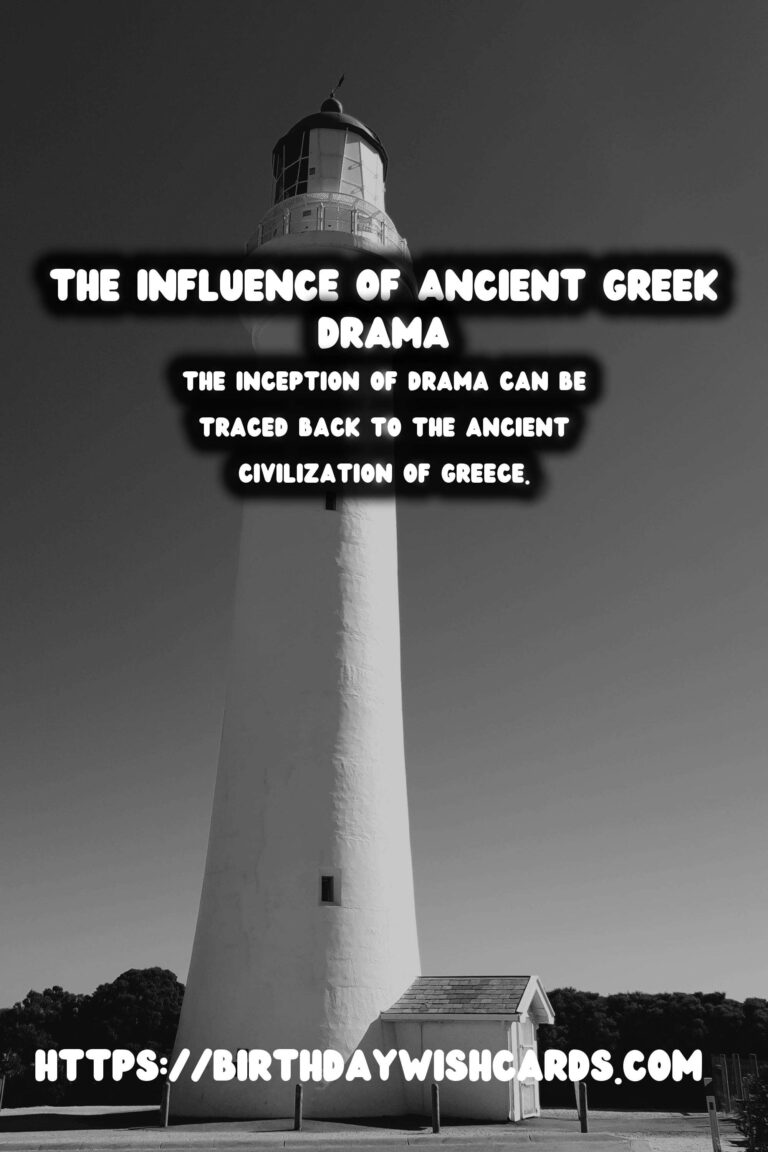
The inception of drama can be traced back to the ancient civilization of Greece. This ancient art form has not only captivated audiences for millennia but has also left an indelible mark on modern culture. While the golden days of Greek drama may seem distant, their influence is evident in various facets of contemporary society.
The Origins of Drama
The origins of drama are deeply rooted in the religious and cultural traditions of ancient Greece. The term ‘drama’ itself is derived from the Greek word ‘dran,’ which means ‘to do’ or ‘to act.’
Drama began as a part of sacred rites in honor of Dionysus, the god of wine, fertility, and revelry. This transformative art soon evolved into a beloved public performance, featuring tragical themes and comedic relief, laying the groundwork for modern storytelling.
The Structure of Greek Drama
Greek drama was primarily divided into two subcategories: tragedy and comedy. These archetypes were seminal in shaping narratives and character development.
Tragedy focused on solemn themes, often concerning moral dilemmas faced by significant mythological or historical figures. The narratives typically culminated in intense emotional catharsis, offering moral guidance and introspection to the audience.
Comedy, on the other hand, provided amusement and satirical commentary on social and political norms, bringing levity and perspective to the populace.
Key Influences on Modern Culture
Dramatic arts have significantly influenced modern cultural and artistic expressions, reflecting society’s evolving values, challenges, and innovations.
Literature and Theatre
The narrative techniques and character archetypes, pioneered by Greek playwrights like Aeschylus, Sophocles, and Euripides, are omnipresent in literature and theatre today. These dramatists set the conventions for plot dynamics, tragic heroes, and universal themes that continue to resonate in contemporary storytelling.
Film and Television
The cinematic world is heavily indebted to the classic structures and techniques established by ancient dramas. From intense tragedies to eccentric comedies, movies and TV shows worldwide echo fundamental aspects of Greek drama, demonstrating the enduring nature of these foundational stories.
Public Life and Politics
Drama’s influence extends beyond entertainment, having roots in public discourse and behavior. From rhetoric in political speeches to the theatrics witnessed in legislation processes, drama echoes in every corner of public life.
Conclusion
The ancient Greeks could scarcely have imagined the lasting impact their embryonic form of drama would have on the fabric of modern culture. This cultural heritage offers timeless insight, inspiring creativity across various domains, reminding us of our shared human experience.As we continue to adapt and innovate, the ancient art of drama remains an unwavering beacon of human expression, reflecting the intricacies of life, society, and the human psyche.
The inception of drama can be traced back to the ancient civilization of Greece. Drama’s influence extends beyond entertainment, having roots in public discourse and behavior. 
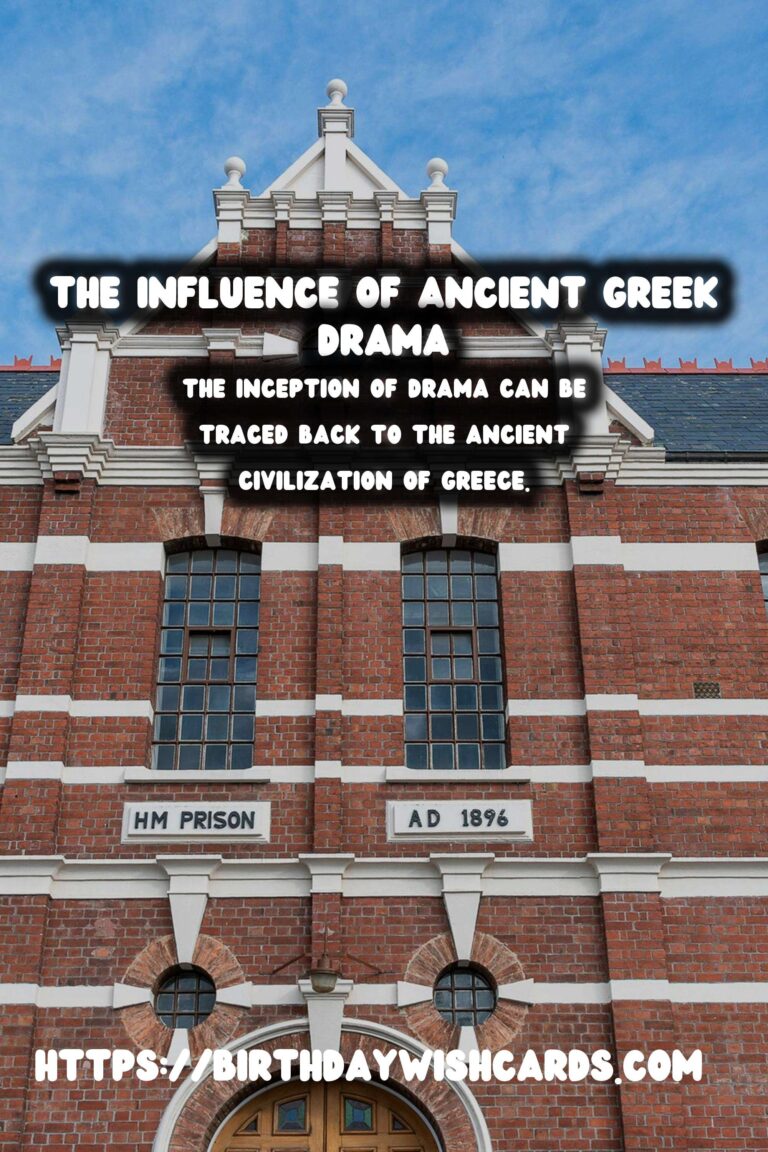
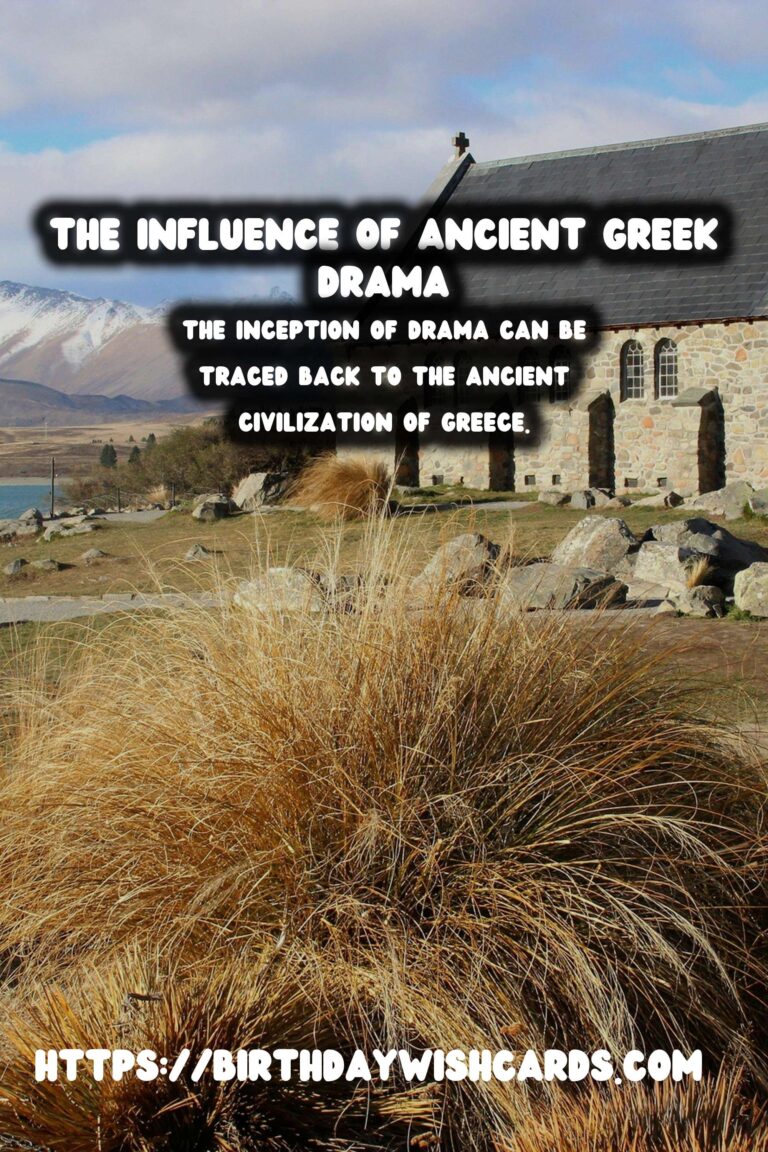
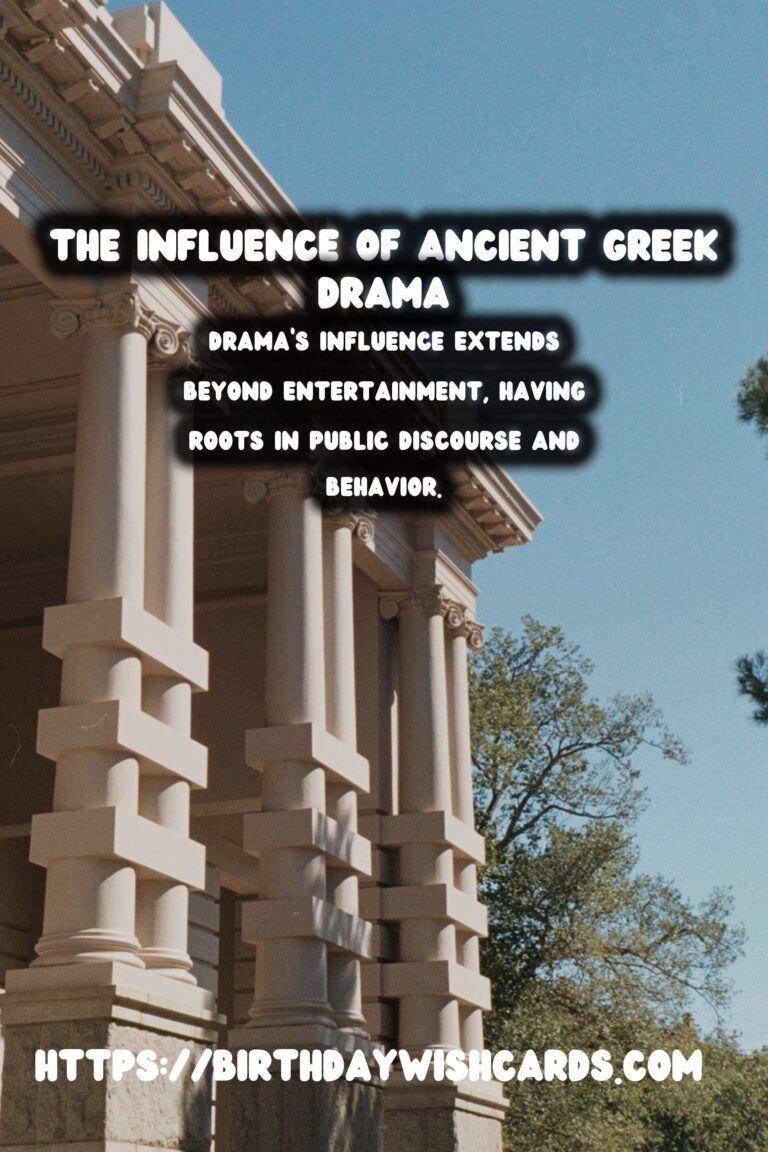
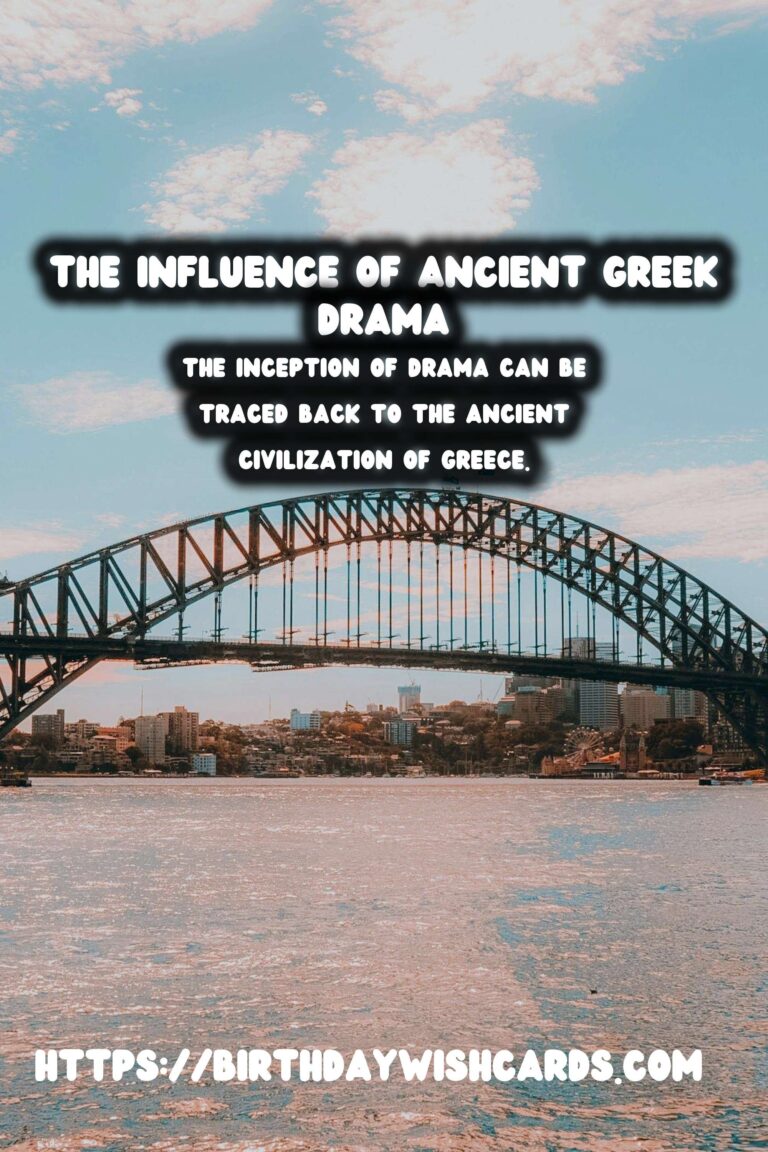
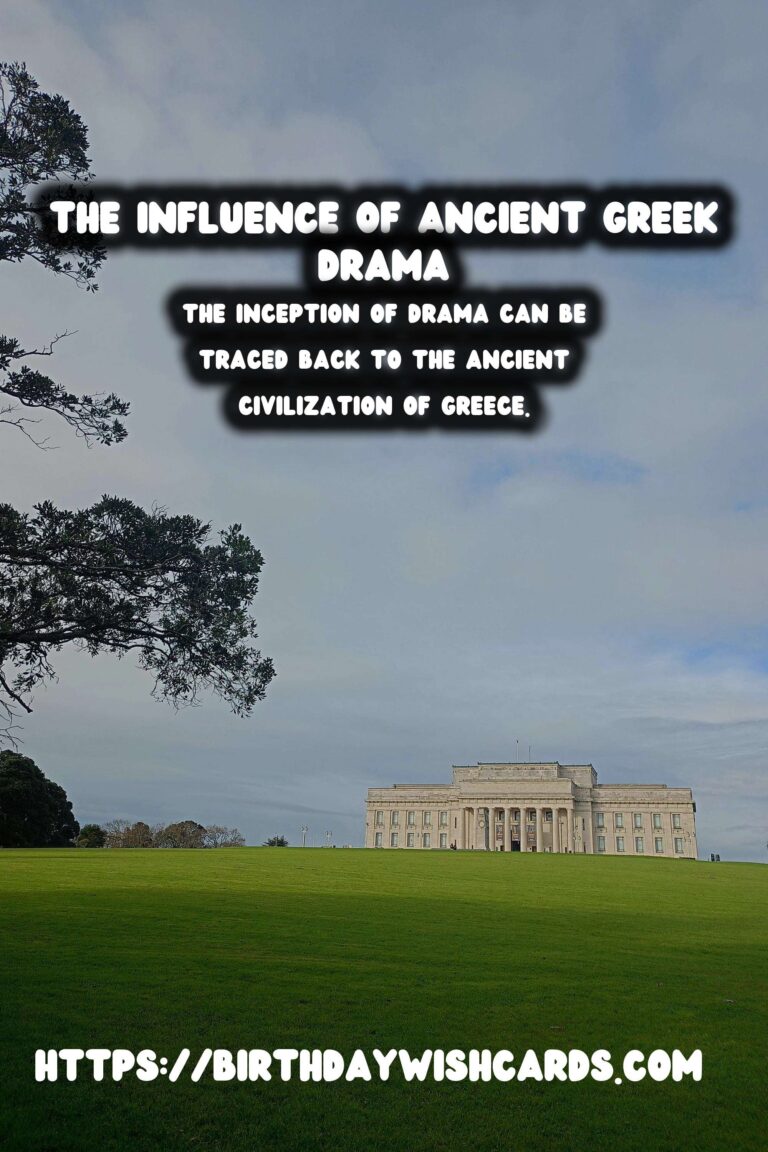
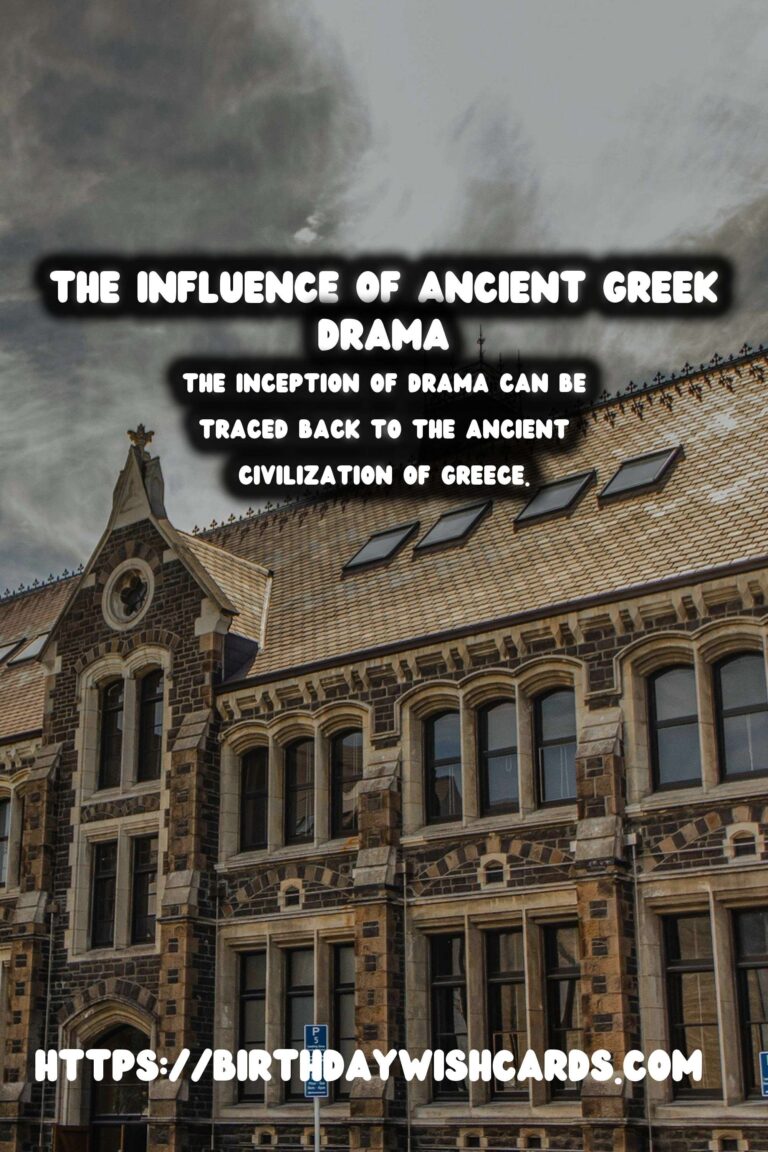
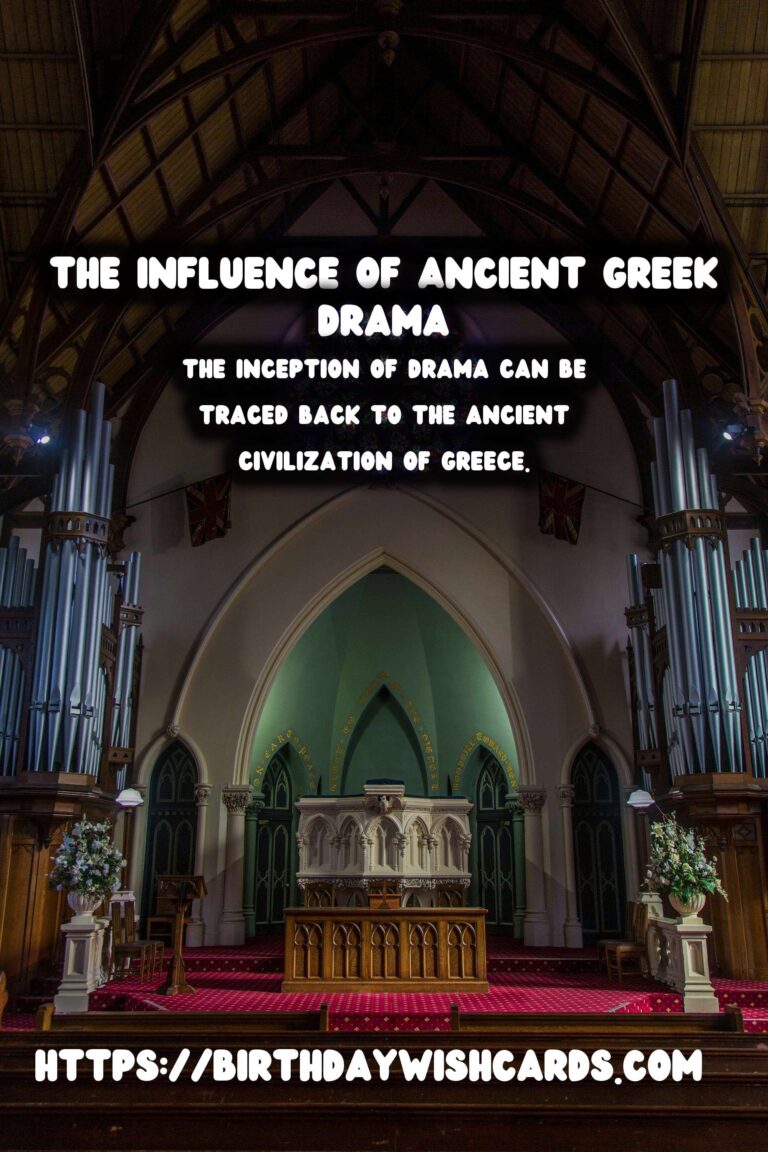
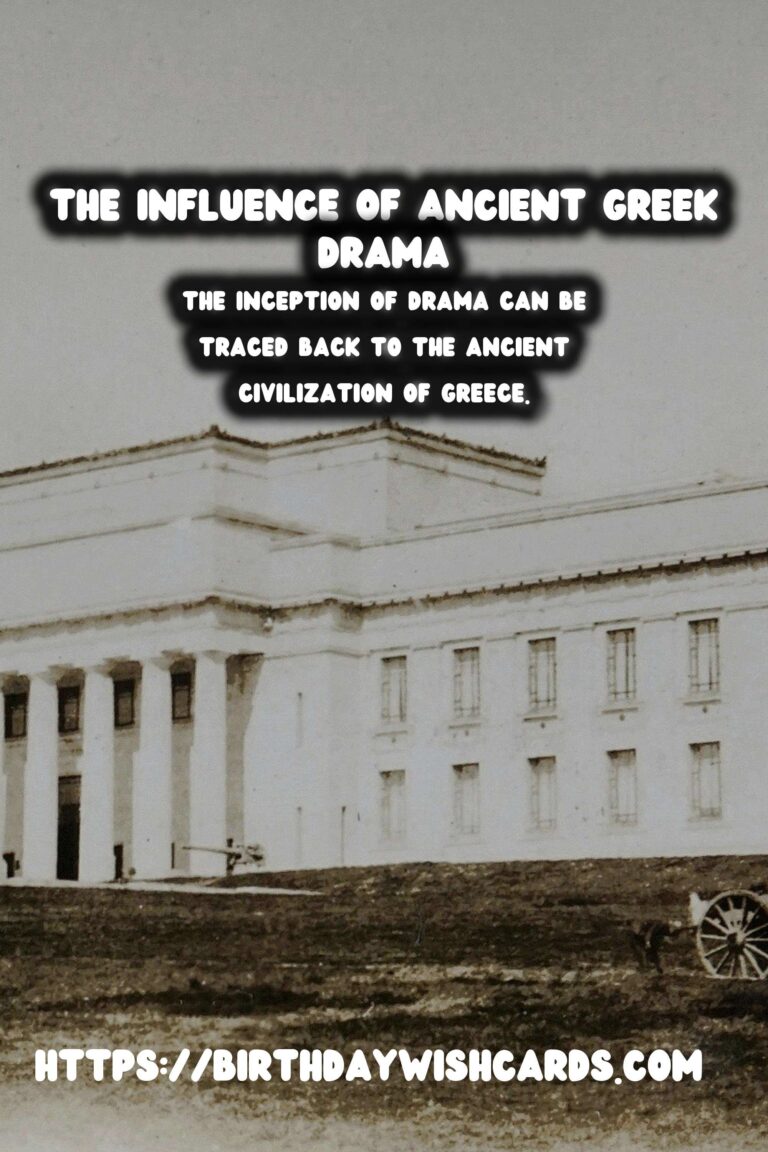
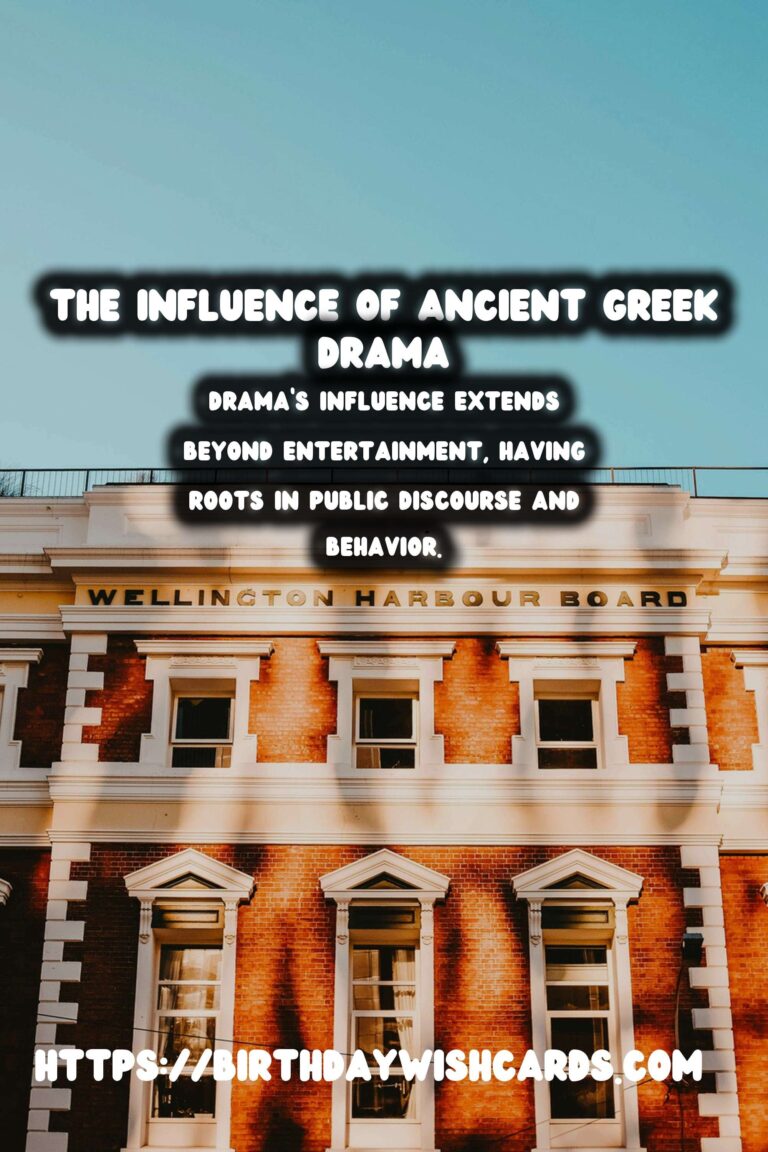
#Drama #ModernCulture




